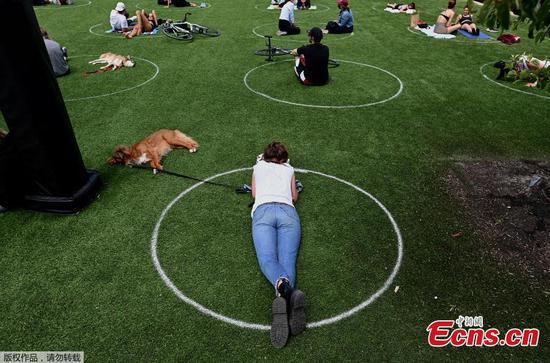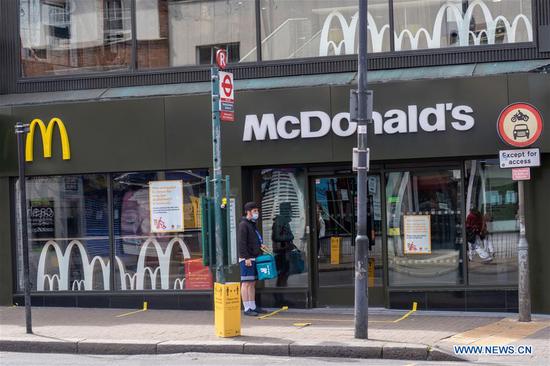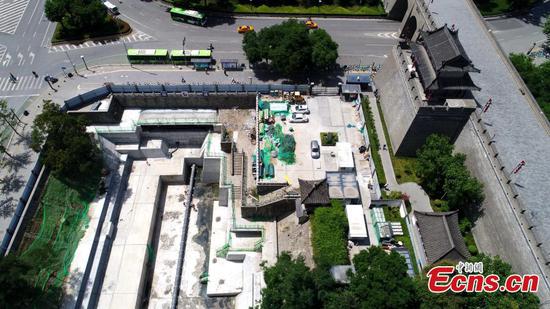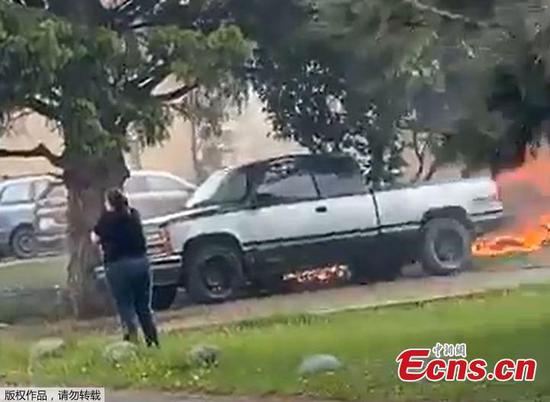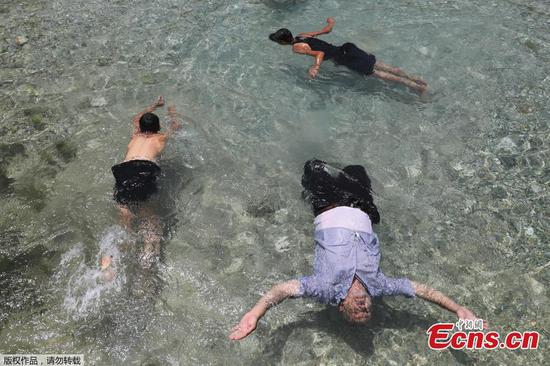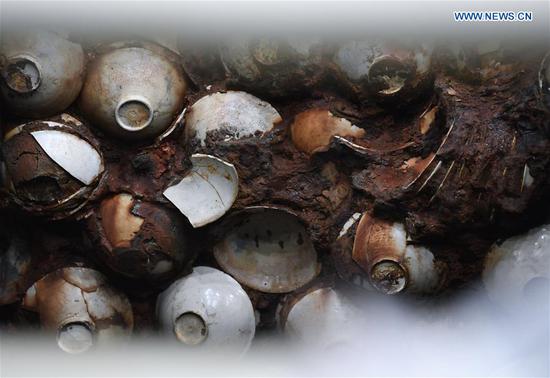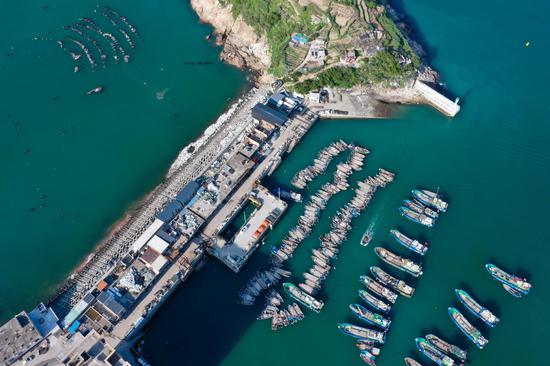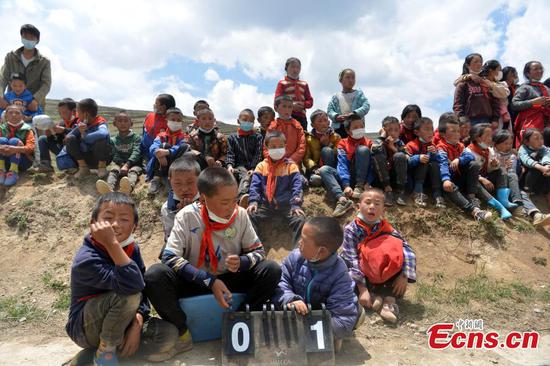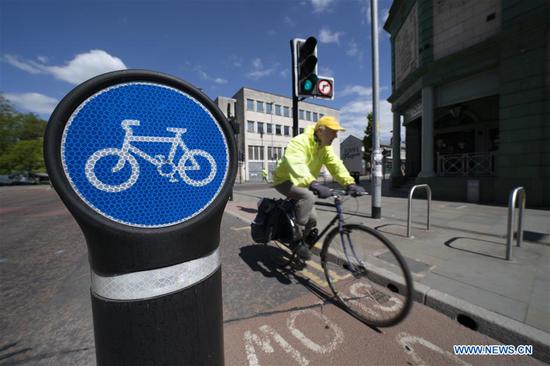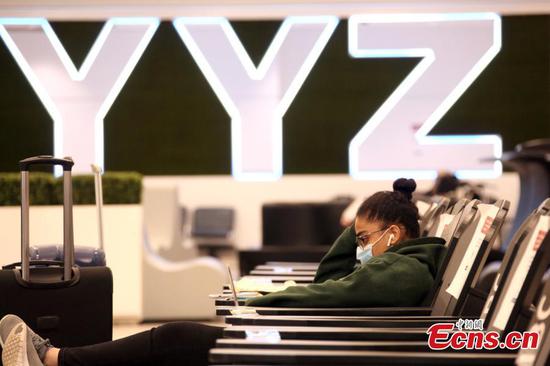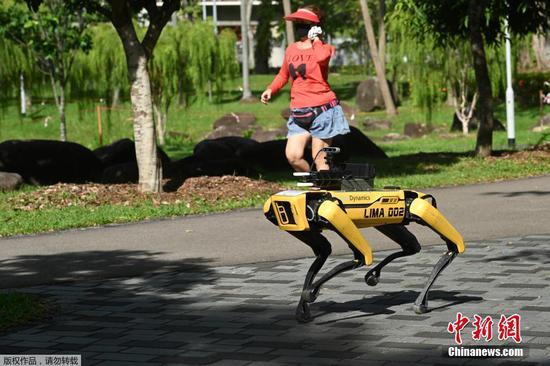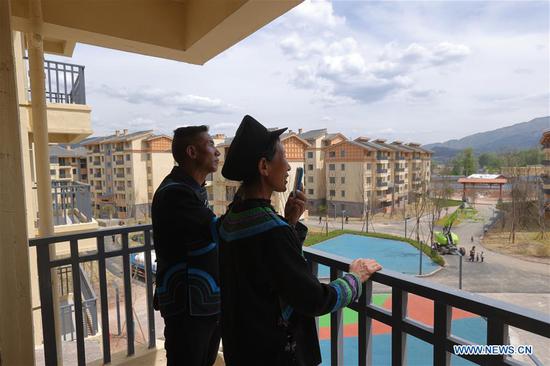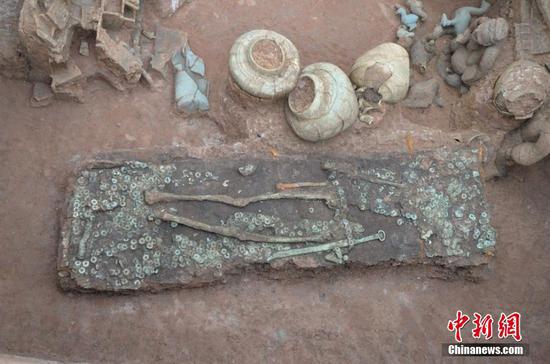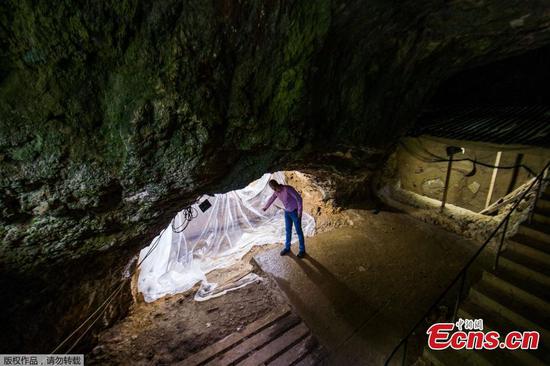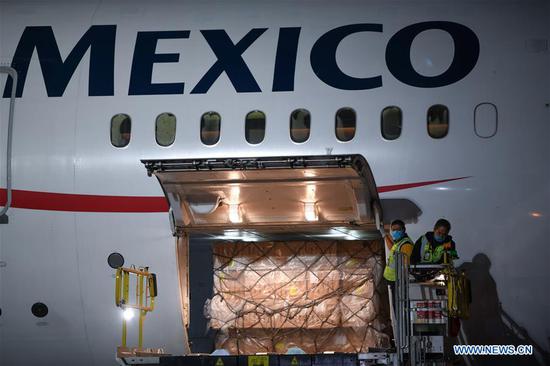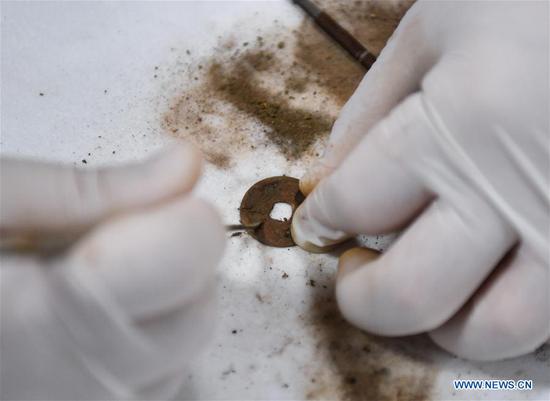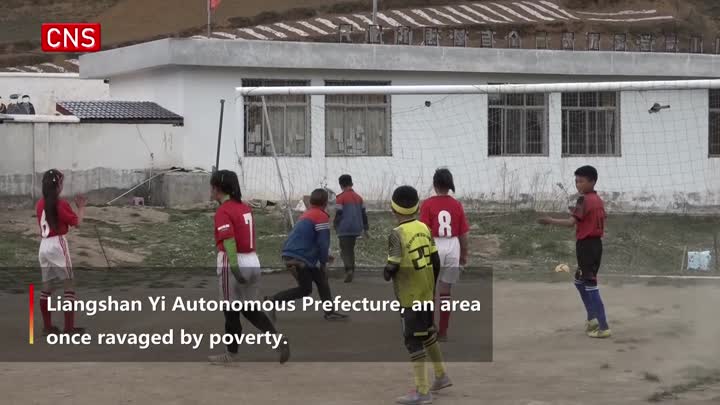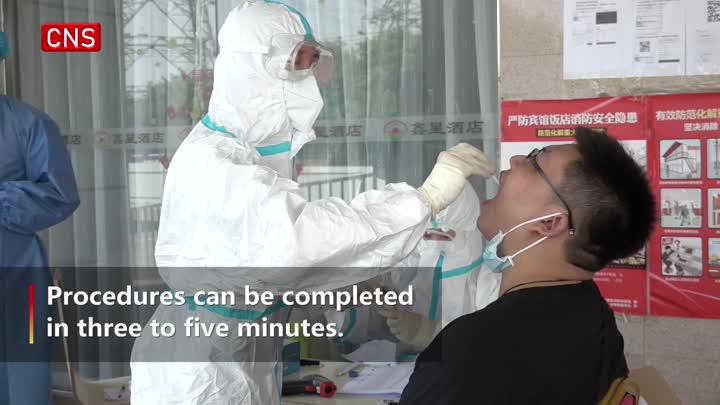Italy takes calculated risk as Spain keeps most of its lockdown in place
British Prime Minister Boris Johnson has admitted to being "frustrated" at not being able to start taking the country out of novel coronavirus lockdown yet.
Figures released on Sunday showed that the United Kingdom has now suffered 43,636 deaths in the outbreak. The country remains on the second-highest level of alert, and lockdown measures announced on March 23 largely remain in force, although the simple message of "Stay Home-Save Lives" was recently toned down, to widespread confusion.
This week, there has been talk of schools gradually starting to reopen next month, although the suggestion has proved controversial.
"I understand people will feel frustrated with some of the new rules," Johnson wrote in the Mail on Sunday. "We are trying to do something that has never had to be done before-moving the country out of a full lockdown, in a way which is safe and does not risk sacrificing all of your hard work.
"I recognize what we are now asking is more complex than simply staying at home, but this is a complex problem."
The abandonment of the clear "Stay Home" slogan in favor of the less precise "Stay Alert", which came as some people were encouraged to return to work, has also opened Johnson up to accusations of being London-centric.
Scottish First Minister Nicola Sturgeon has continued to emphasize the original message, causing a rift between Edinburgh and London, and now within England, Greater Manchester Mayor Andy Burnham has warned Johnson about a potential "fracturing of national unity" over the issue, increasing the risk of a second spike in cases.
"On the eve of a new working week, the PM was on TV 'actively encouraging' a return to work," Burnham wrote in the Observer.
"Even though that would clearly put more cars on roads and people on trams, no one in government thought it important to tell the cities that would have to cope with that," he continued.
"The surprisingly permissive package might well be right for the South East (of England) given the fall in cases there. But my gut feeling told me it was too soon for the North.
"Certainly, the abrupt dropping of the clear 'stay at home' message felt premature."
A series of much-hyped anti-lockdown demonstrations on Saturday failed to attract big crowds. A gathering at Speakers' Corner in London's Hyde Park drew around 50 people, and in Scotland, photographers sent by the Aberdeen Press and Journal newspaper reported that nobody at all turned up at two planned protests in the city.
Business Secretary Alok Sharma has announced the government will invest up to 93 million pounds ($112 million) to bring forward the opening of the UK's new vaccine manufacturing center, from 2022 to summer 2021.
Currently, there are no confirmed silver bullet treatments for the virus, although clinical trials of a possible vaccine are ongoing at the University of Oxford, with the Jenner Institute saying that based on previous work, it estimates it to have an 80 percent chance of success.
Elsewhere, Italy's Prime Minister Giuseppe Conte has admitted the country is taking a "calculated risk" by easing lockdown measures, but after more than two months of restrictions, it cannot afford to wait for a vaccine.
Italy, the first country in Europe to report a significant outbreak, now has the world's third-highest death toll, behind the United States and United Kingdom, although death rates have started to slow down.
Gyms, swimming pools and sports centers can reopen on May 25, with inter-regional travel permitted in early June, and travelers from other European Union states will be allowed to enter the country without any quarantine period.
"We're facing a calculated risk in the knowledge that the contagion curve may rise again," Conte said in a televised address. "We have to accept it otherwise we will never be able to start up again." If the country waited for a vaccine, he warned, "we would end up with a strongly damaged economic and social structure".
On Saturday, Spain recorded its lowest daily death figure in almost eight weeks, but Prime Minister Pedro Sanchez will ask Parliament to approve a final extension of the state of emergency, until the end of June.
"If we go too fast, and we make a wrong move, we could risk jeopardising the international credibility that has taken us decades to build up," he said.
He also defended having taken the lockdown approach, rather than herd immunity, which would have allowed infection to spread. "If we had taken this path, the number of people infected could have been more than 30 million. And it could have cost the lives of around 300,000 people," he said.









